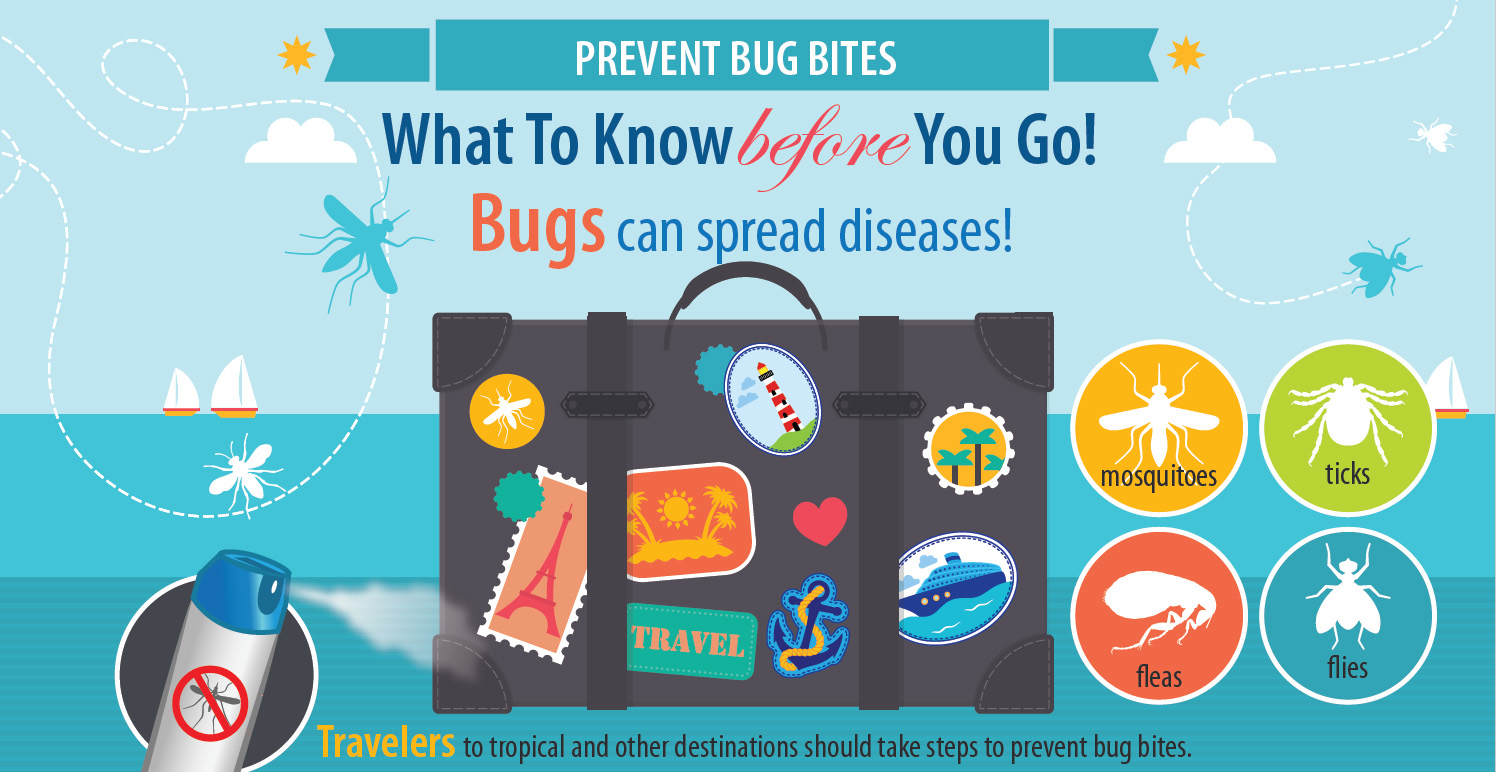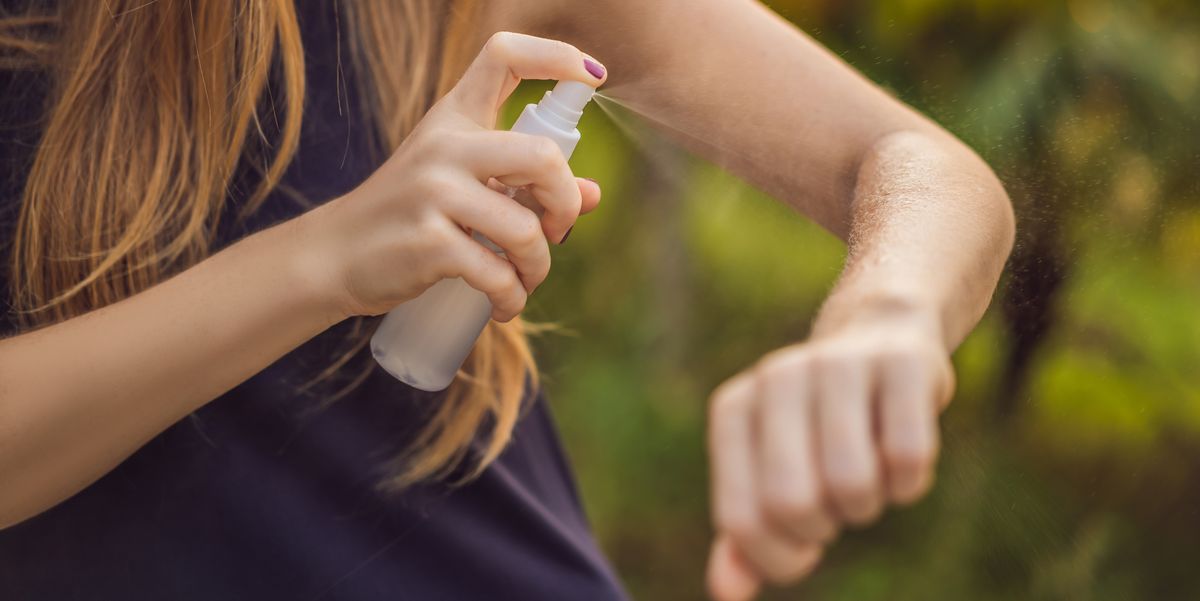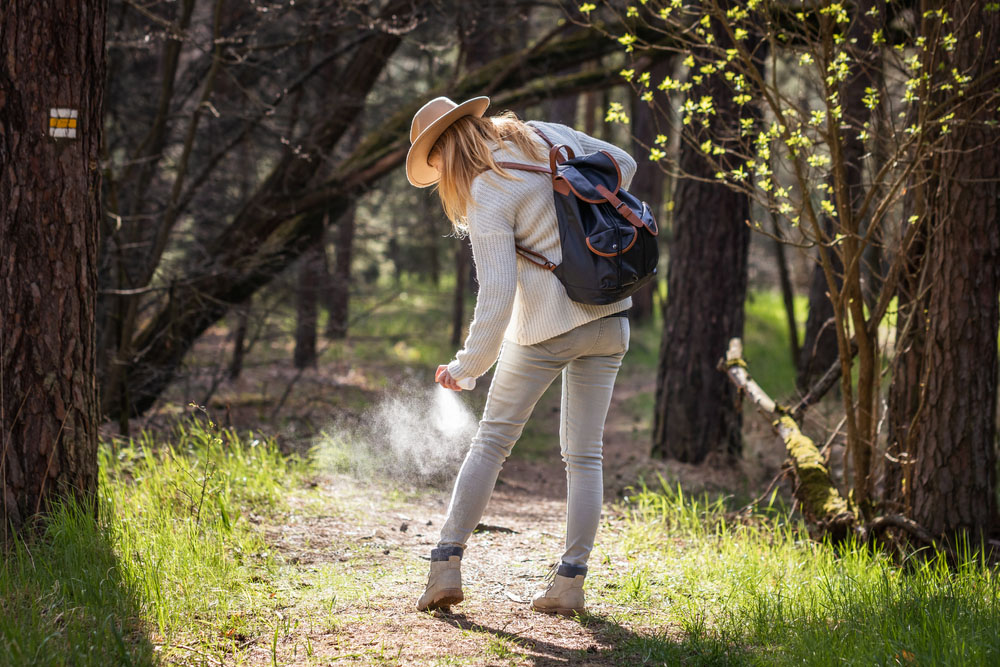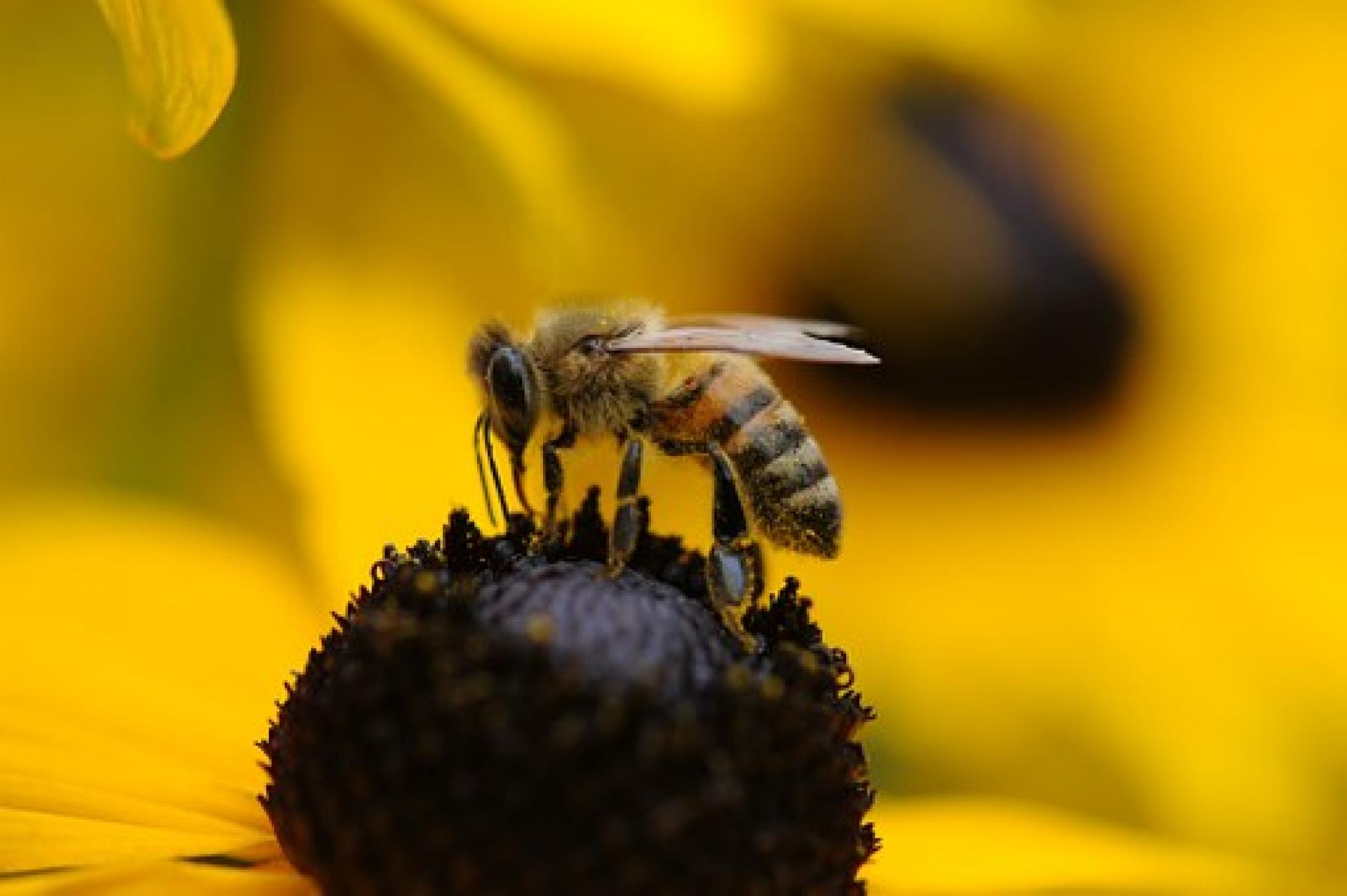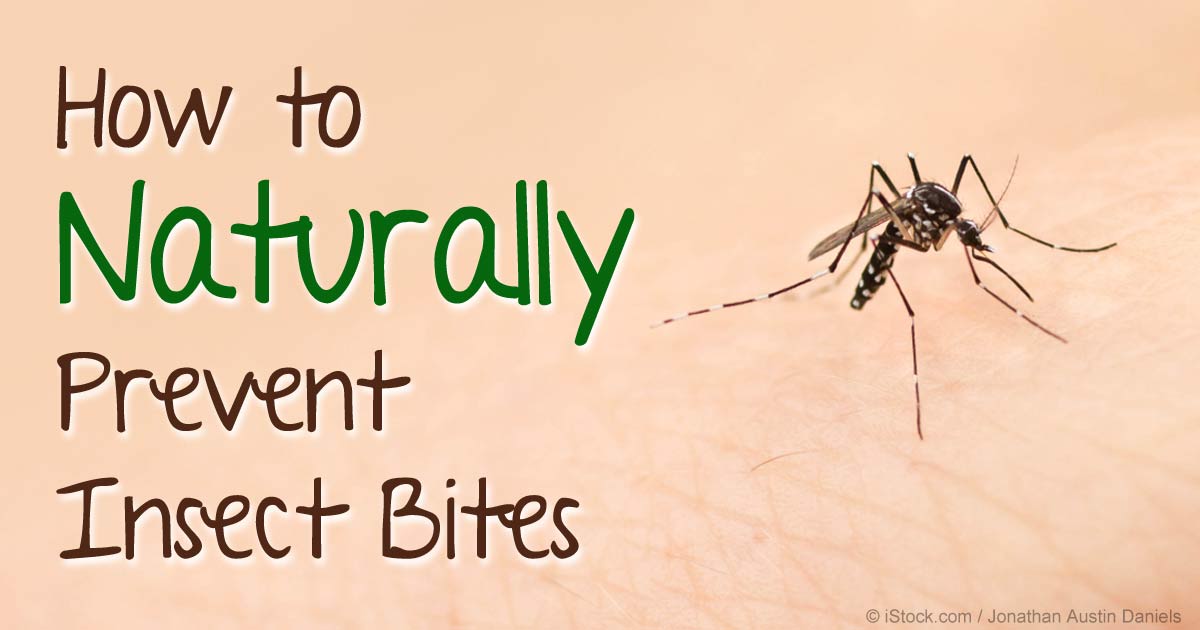Awe-Inspiring Examples Of Info About How To Prevent Insect Stings
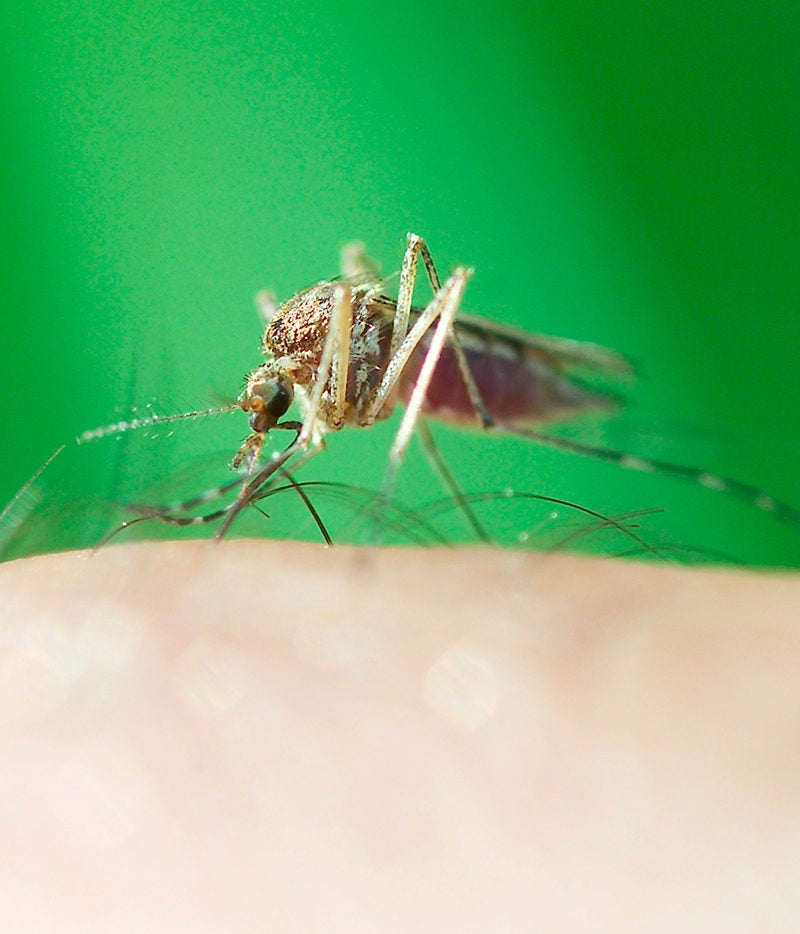
Keep food covered when eating outdoors.
How to prevent insect stings. Avoid strong perfumes which may be in soap, shampoo, and deodorant, as well as. Be careful with open drink bottles or cans, as insects can fly or. The first line of defense against sting reactions is avoidance.
Most people have some type of reaction when bitten or stung. Move away from the area of the attack. Apply a cloth dampened with cold water or filled with ice to the area of the bite or sting for 10 to 20 minutes.
Spider bite 101. To protect against mosquitoes, ticks and other bugs, use insect repellent that. Stay clear from beehives and areas where stinging insects congregate, such.
Apply ice to the sting area to help reduce swelling. Chagas disease (american trypanosomiasis) take steps to prevent bug bites during your trip. If the injury is on an arm or leg, raise it.
Use antihistamines to relieve any itching (but do not use antihistamine cream if you had caterpillar hairs on your skin) use a hydrocortisone cream to reduce itching and swelling. Watch as one of our nurse educators, ann mullen, rn, talks about the signs and symptoms of an insect sting allergy, explains steps you can take to prevent getting stung, shows. To prevent insect bites and their complications:
Simple steps to treat bee and wasp stings — plus tips to prevent them. This helps reduce pain and swelling. If stung, removing the stinger quickly is key —.
Be careful when you eat outside because food. Most insects sting as a defence by injecting venom into your skin. Bee sting treatment and prevention.
Workers should take the following steps to prevent insect stings: Symptoms of an insect bite or sting. To help prevent bug bites, dermatologists recommend the following tips:
A painkiller such as paracetamol or ibuprofen. When an insect bites, it releases saliva that can cause the skin around the. This summer, prevent insect bites and learn what to do if you end up with a bite or sting despite your best efforts.
Dr andrew thornber, gp and chief medical officer at now patient, suggests: Avoid perfumed soaps, shampoos, and deodorants. Avoid areas with stinging insects.



